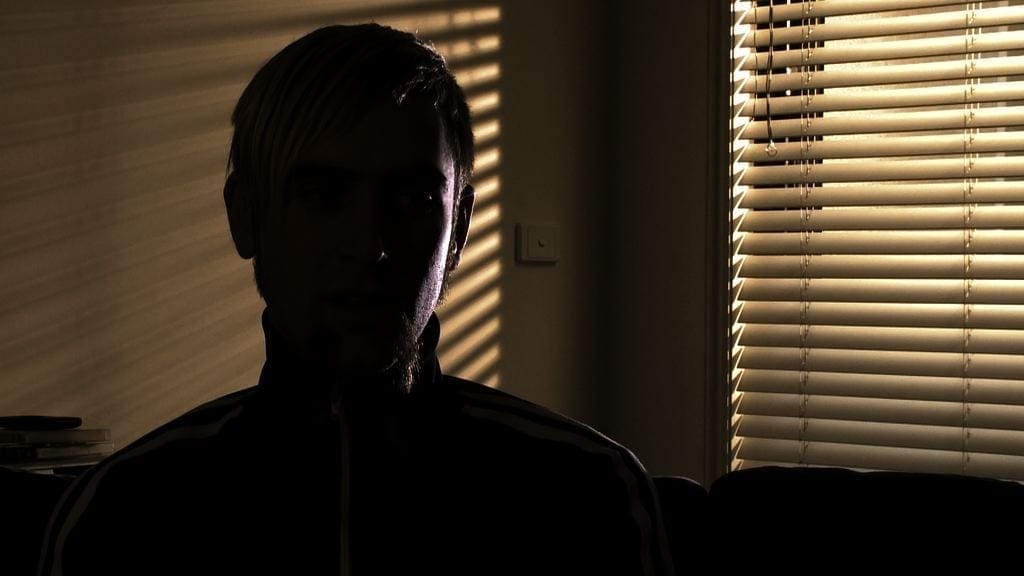
The special measures which may be relevant for intimidated witnesses include screening the witness from the accused, evidence by live link and evidence given in private. Even though a witness may be automatically eligible, the type of measures(s) sought will still need to be canvassed with the witness and applied for. The relevant offences are listed in Schedule 1A to the YJCEA 1999, and include various violent offences in which a firearm or knife was either used or in some circumstances carried. Section 17(4) and (5) provides that a witness will be automatically eligible for special measures if they are a complainant in respect of a sexual offence or an offence under section 1 or 2 of the Modern Slavery Act 2015 or if they are a witness in proceedings for certain “relevant offences”, unless they inform the court that they do not wish to be so eligible. Section 17(1) YJCEA 1999 provides that a witness is eligible for special measures if the quality of evidence given by that witness is likely to be diminished by reason of fear or distress in connection with testifying in the proceedings. See the legal guidance on Special Measures and Part 18 of the Criminal Procedure Rules. Part II Chapter I of Youth Justice and Criminal Evidence Act 1999 (YJCEA 1999) sets out a range of measures that may be available to witnesses in criminal proceedings who are “vulnerable” or “intimidated”. Such applications should be a measure of last resort. These orders can also be obtained where they are necessary to prevent real harm to the public interest.

However, there may be some cases where the risk involved cannot be addressed by these options and an application for a witness anonymity order should be made. The options available in such circumstances are considered below, and include special measures, reporting restrictions, restricting public access to the court, withholding the witness’s name and other information about them from the public domain, and other forms of protection, or a combination thereof.

Prosecutors must also ensure that the witness’s rights under the ECHR are acknowledged and protected. Prosecutors should seek to ensure that the risk is addressed. This enables a discussion between the police and prosecutor to identify the options available and agree what steps to take regarding both the witness’s evidence and their protection. In most cases, the police will identify if the witness is at risk and should inform the prosecutor as soon as it becomes known. This can arise, in particular, in cases of homicide or other serious violence, organised crime, and terrorism. This can include where potential witnesses may fear that if their identity is revealed to the defendant or their associates, or to the wider public, then they or their family or friends will be at risk of serious harm. However, principles such as the right to be confronted by an accuser and open justice can on occasion act as a barrier to justice. The importance of open justice is also well-established (see, for example, Guardian News v Westminster Magistrates’ Court EWCA Civ 420). Similarly, an important aspect of the right to a fair trial, well-established in domestic law, is that a defendant is entitled to be confronted by and cross-examine their accuser in court. See Human Rights and Criminal Prosecutions: General Principles for further guidance. (d) to examine or have examined witnesses against him…”

(3) Everyone charged with a criminal offence has the following minimum rights: “(1) In the determination of his civil rights and obligations or of any criminal charge against him, everyone is entitled to a fair and public hearing within a reasonable time by an independent and impartial tribunal established by law….
#Witness protection trial
The principle of a fair and public trial is enshrined in Article 6 of the European Convention on Human Rights, which includes: Where the prosecution can only present its case in a way which denies the defendant’s right to a fair trial, it is under a duty to stop the case, no matter how serious the allegation may be.

The prosecution has a vital role to play in delivering fair trials. The overarching principle of criminal justice is that the defendant must receive a fair trial. This guidance replaces both the previous Witness Protection and Anonymity legal guidance and the Director’s Guidance on Witness Anonymity 2009.


 0 kommentar(er)
0 kommentar(er)
